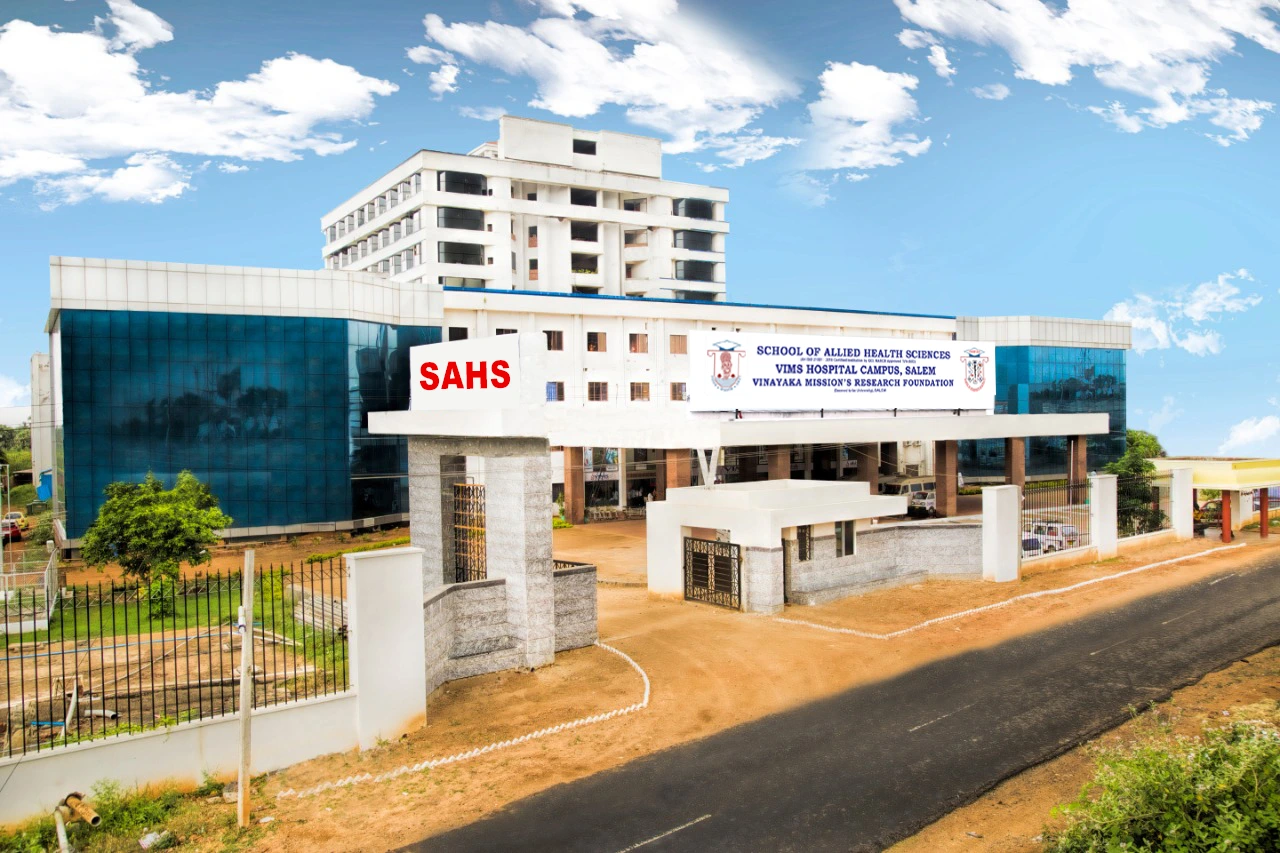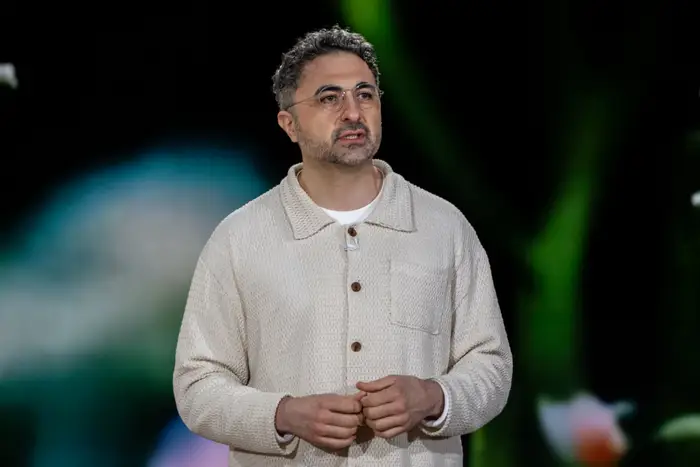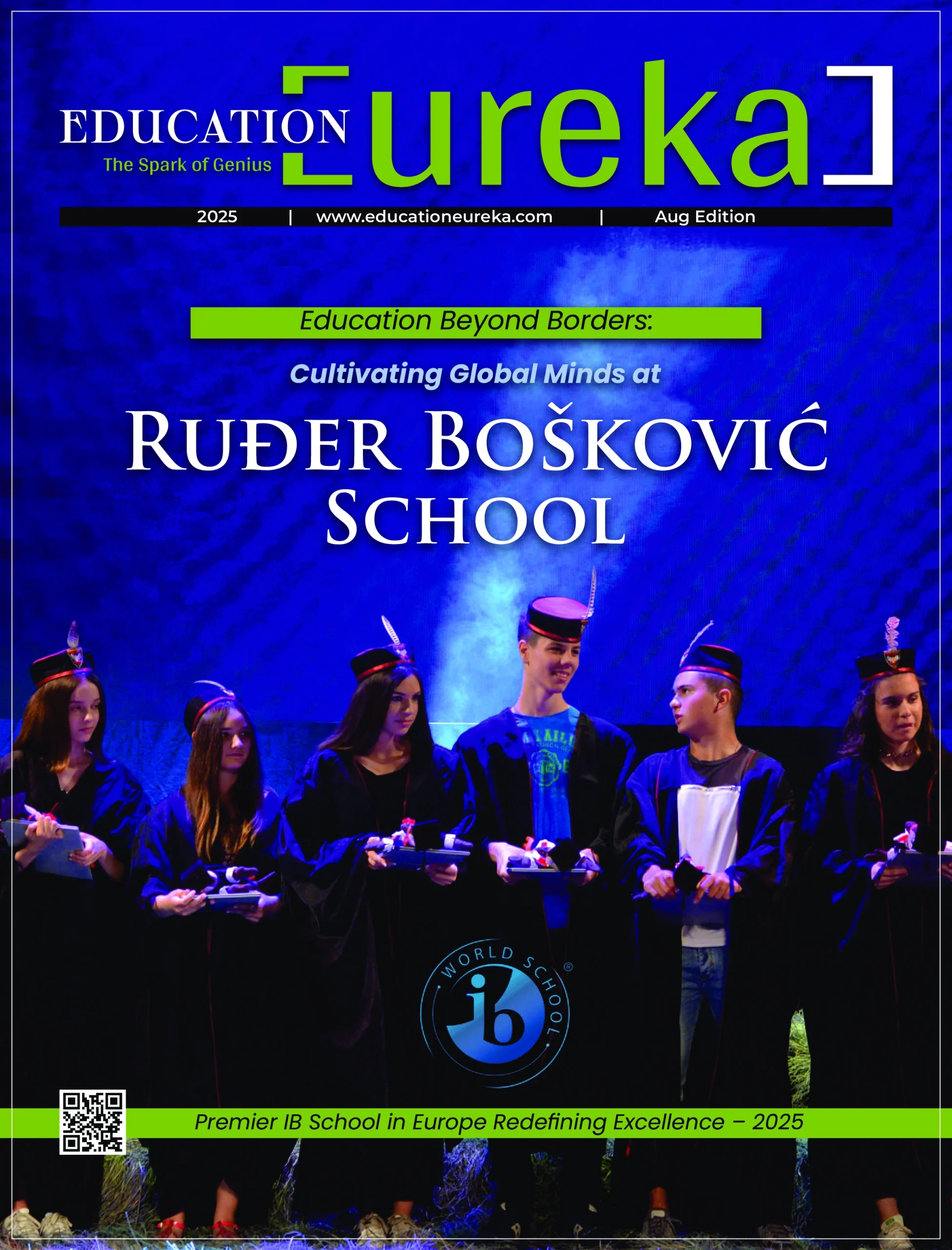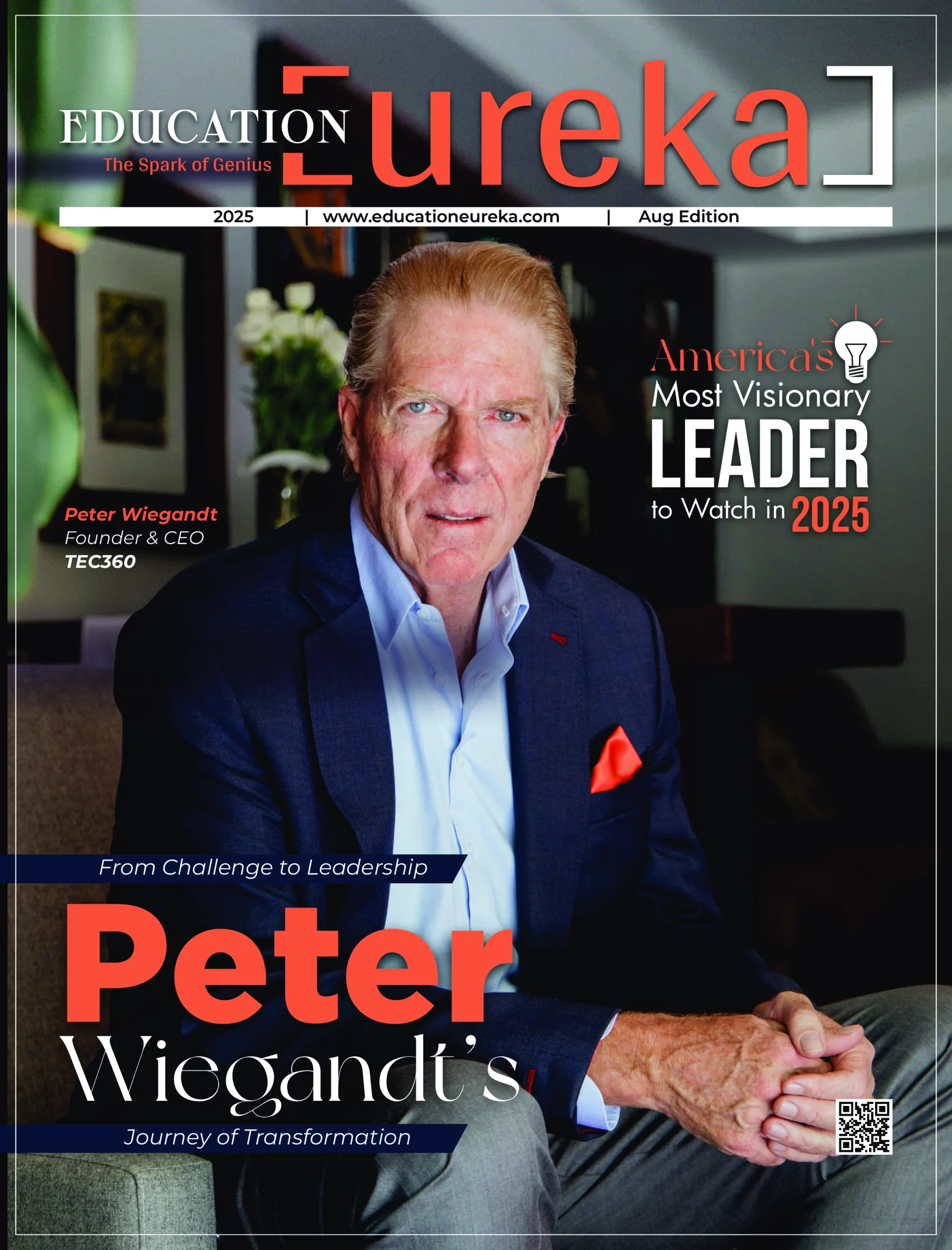
As advancements in fields such as artificial intelligence, machine learning, and digital forensics transform the landscape of criminal investigations, educational institutions are striving to adapt to these changes to prepare the next generation of forensic professionals. Addressing the need for innovation and adaptability, strategic goals for the future are being set to enhance academic programs and research capabilities. In this context, the School of Allied Health Sciences at Vinayaka Mission’s Research Foundation, DU-Salem, stands out as a paragon of excellence. The institute is at the forefront of integrating these cutting-edge technologies into its curriculum and research initiatives.
The Faculty of Allied Health Sciences strives to become a highly recognized, state-of-the-art, self-sufficient professional comprised of exceptional faculty, staff, students, and alumni who are recognized nationally and internationally for their leadership excellence in Forensic analysis which is necessary for the excellence in teaching Forensic Science
The mission of the Faculty of Allied Health Sciences is to equip students in Forensic Science Technology with the knowledge, skills, and behaviors necessary to achieve their academic, professional, and personal goals as competent forensic scientists and active, effective citizens within their communities. Emphasis is placed on recruiting and graduating students from rural and underprivileged backgrounds who demonstrate high academic potential. The faculty is dedicated to preparing students for leadership roles and to providing valuable service to the criminal justice system on a global scale.
Nurturing Modern Forensic Pioneers
The B.Sc. and M.Sc. Forensic Science Technology program at the School of Allied Health Sciences, Vinayaka Mission’s Research Foundation, is designed to address several key areas in line with contemporary trends and the evolving demands of the forensic science field:
Fundamental Sciences in Forensics:
Specialized Forensic Disciplines:
Criminalistics and Crime Scene Management:
Technological Advancements in Forensics:
Legal and Ethical Aspects:
The journey
School of Allied Health Sciences, a unit of Vinayaka Mission’s Research Foundation Deemed to be University started in the year 2004 which was a dream come true of our Founder Chancellor Dr. A. Shanmugasundaram, whose vision was to empower the youth from rural backgrounds, and year on year not only did we grow in student strength but also in terms of its quality and dynamicity.
It all began with just 2 courses and 20 students in a small campus. With time, it has widened across four campuses in Salem,Chennai,Pondy and Karaikal with around 5000 students every academic year.
The guidance and support of VMRF-DU Chancellor Dr. AS Gane- san and director Dr. Anuradha Ganesan led the institution on the path to improvement for the past two decades. Now, it offers 25 under- graduate courses, post graduate courses and three diploma courses for the students.
Under the able leadership of Dean Prof. Dr. B. Sendilkumar, the institution is continually reaching heights and being marked in the global map.
Bridging Science, Justice, and Community
The program is structured to keep pace with rapid advancements in forensic technology, digital forensics, and the integration of forensic science in legal proceedings. By focusing on these key areas, the curriculum ensures that graduates are proficient in traditional forensic techniques and adept at handling emerging challenges, positioning them as valuable assets in both public and private sectors. This comprehensive approach is designed to meet the growing demand for forensic professionals capable of addressing complex criminal investigations with scientific precision and legal expertise.
The selection process for the B.Sc. and M.Sc. Forensic Science Technology program at the School of Allied Health Sciences, Vinayaka Mission’s Research Foundation, focuses on identifying students with a strong science background and a genuine interest in forensic science. Applicants must have high academic performance in subjects like physics, chemistry, and biology. Key qualities sought include strong analytical and critical thinking skills, a passion for justice, and technical aptitude with modern technology. Effective communication and teamwork abilities are also important. The selection involves evaluating academic records, entrance examinations, and interviews to ensure candidates are well-suited for the program’s rigorous demands.
School of Allied Health Sciences, VMRF DU- Salem believes strongly that the collaboration of the Department of Forensic Science Technology with the Law
Enforcement agencies in possible ways bring outcome-based learning exposure to the students, and benefit society with valuable insights, in this context the Department of Forensic Science Technology organized a number of Guest Lecture and Awareness Rally Program were the Higher officials from the Law Enforcement agencies, including police officials, Income Tax officers, Tamil Nadu Excise Department etc., joined as Chief Guests and resource persons for the program and appreciated the students with certificates and awards for their various activities.
Hands-On Mastery in Crime Scene Science
During their time at the institute, students receive extensive hands-on experience and practical training in various areas of forensic science, which enhances their theoretical knowledge with real-world applications.
Workshops and Training Programs:
Specialized Training:
Visits to Law Enforcement Agencies:
Pioneering Research Frontiers
The School of Allied Health Sciences at Vinayaka Mission’s Research Foundation is deeply committed to fostering a culture of research and innovation within its Forensic Science program. Recognizing research as a crucial aspect of forensic science education, the institution strives to keep both students and faculty at the forefront of scientific advancements through various supportive strategies and resources.
The B.Sc. Forensic Science Technology program is designed with a research-oriented curriculum that integrates research components throughout the academic journey. Courses such as “Research Methodology and Biostatistics” provide students with fundamental knowledge in scientific research, data analysis, and ethical considerations. This curriculum equips students with the skills necessary to undertake independent research projects and make significant contributions to forensic science.
To support these endeavors, the institute has invested in state-of-the-art laboratories and research facilities. These facilities are equipped with advanced instruments essential for forensic analysis, including those used in areas such as “Technological Methods in Forensic Science & Drug Analysis,” “DNA Forensics and Molecular Biology,” and “Digital Forensics and Cyber Law.” These resources enable high-quality research and support a wide range of forensic science investigations.
Faculty members play a crucial role in advancing research within the program. They are actively involved in various research initiatives, including fields such as “Forensic Chemistry,” “Forensic Biology,” “Forensic Toxicology,” and “Digital Forensics.” By mentoring students through these research projects, faculty members provide practical experience in conducting research, analyzing data, and presenting findings, fostering a collaborative and enriching research environment.
Students are also encouraged to engage in independent research projects as part of their coursework and final year projects. These projects allow students to apply their theoretical knowledge to practical problems, enhance their critical thinking skills, and contribute original research to the field. Recent student-led research has explored topics like “The Role of Forensic Serology in Criminal Investigations,” “Advancements in Digital Forensics for Cybercrime Detection,” and “Comparative Analysis of Forensic Dermatoglyphics in Criminal Profiling.”
The institute actively promotes research collaboration and funding opportunities. By partnering with national and international research organizations, forensic laboratories, and other academic institutions, the institute broadens the scope of research opportunities available to students and faculty. These collaborations often lead to joint research projects, co-authored publications, and participation in international conferences. Additionally, the institute offers funding opportunities and grants to support innovative research proposals, fostering a supportive environment for research excellence.
Overcoming Forensic Hurdles
Forensic science education in India faces several challenges, including a lack of standardized curricula, limited access to advanced technology, a shortage of qualified faculty, inadequate industry-academia collaboration, and insufficient research opportunities. The School of Allied Health Sciences at Vinayaka Mission’s Research Foundation, DU-Salem, addresses these issues through its comprehensive B.Sc. and M.Sc. Forensic Science Technology programs.
To tackle the lack of standardized curriculum, the institute offers a robust, internationally-aligned syllabus that includes essential forensic topics. Limited access to advanced technology is mitigated by the institute’s investment in state-of-the-art forensic laboratories and practical courses. The shortage of qualified faculty is addressed by employing experienced professionals and hosting guest lectures from industry experts.
To bridge the gap between academia and industry, the institute emphasizes strong collaborations through internships, workshops, and field visits, such as the Medico-Legal Autopsy training and visits to law enforcement agencies. For research challenges, the institute promotes research and innovation, offering opportunities for students to engage in projects, collaborate with research organizations, and present their work at conferences.
Through these strategies, the institute aims to provide high-quality forensic science education, preparing students to excel in their careers and advance the field in India.
To ensure that its forensic science programs remain globally competitive, the School of Allied Health Sciences at Vinayaka Mission’s Research Foundation, DU-Salem, has implemented several strategic initiatives designed to provide a cutting-edge education in forensic science. The institute focuses on delivering a curriculum aligned with international standards, integrating advanced technology, fostering global collaborations, and creating a supportive environment for international students.
Innovation Across Borders
The institute’s B.Sc. and M.Sc. Forensic Science Technology programs are meticulously crafted to adhere to global standards and best practices in forensic science education. The curriculum encompasses a broad spectrum of core subjects, including “General Anatomy Relevant to Forensic Science Technology,” “Forensic Psychology,” “Crime Scene Management and Criminal Profiling,” “Technological Methods in Forensic Science & Drug Analysis,” “Forensic Serology,” “Digital Forensics and Cyber Law,” and “Research Methodology and Biostatistics.” This comprehensive approach ensures that students receive a well-rounded education that includes both foundational and advanced topics, preparing them for careers in the international forensic science landscape.
To keep pace with advancements in forensic science, the institute has invested in state-of-the-art laboratories and technological resources. Practical courses such as “Crime Scene Management and Criminal Profiling,” “Forensic Dermatoglyphics,” “DNA Forensics and Molecular Biology,” and “Digital Forensics and Cyber Law” provide students with hands-on training using the latest forensic tools and techniques. This exposure to advanced equipment and methodologies ensures that graduates are well-versed in modern forensic practices and competitive in the global job market.
The institute actively seeks international collaborations with global institutions, research organizations, and forensic laboratories to enhance the learning experience and offer students international exposure. These collaborations include student exchange programs, joint research projects, guest lectures by international experts, and participation in global forensic science conferences. Through these partnerships, students gain diverse perspectives and stay updated on the latest global developments in forensic science.
To attract international students, the institute offers a globally relevant curriculum and a supportive, inclusive campus environment. Courses are taught by experienced faculty members with international research and professional backgrounds. Additionally, the institute provides scholarships and financial aid options to international students, along with assistance with visa and accommodation arrangements, ensuring a smooth transition for those coming from abroad.
Research and innovation are central to the institute’s forensic science programs. Students are encouraged to undertake innovative research projects that contribute to the global advancement of forensic science. Courses such as “Research Methodology and Biostatistics” equip students with essential research skills, and the institute offers funding and support for students to present their findings at international conferences, promoting a culture of scientific inquiry and global engagement.
To maintain its competitive edge, the institute regularly reviews and updates its curriculum based on feedback from industry experts, alumni, and academic partners worldwide. This continuous improvement process ensures that the programs remain relevant and reflect the latest advancements and trends in forensic science. By staying abreast of global developments, the institute ensures that its graduates possess up-to-date knowledge and skills that meet international demands.
Redefining the Future of Forensics
The School of Allied Health Sciences at Vinayaka Mission’s Research Foundation, DU-Salem, is at the forefront of integrating and advancing recent innovations in forensic science. The institute is particularly focused on several key initiatives that incorporate cutting-edge technologies and novel approaches to forensic investigations.
A major area of innovation at the institute is the integration of digital forensics with cybersecurity. Given the rise in cybercrime, the curriculum now features advanced topics in “Digital Forensics and Cyber Law.” The institute is actively developing new techniques and tools to enhance the identification, collection, and analysis of digital evidence. Research efforts are centered on employing machine learning algorithms and artificial intelligence to improve the accuracy and efficiency of digital forensic investigations. These advancements are crucial for addressing cybercrimes such as identity theft, online fraud, and digital espionage.
In the realm of DNA forensics and molecular biology, the institute is focused on advancing methods for DNA profiling and analysis.
The goal is to refine techniques for extracting DNA from challenging samples and to leverage next-generation sequencing technologies for more detailed genetic analysis. These innovations are expected to transform how forensic scientists link suspects to crime scenes and resolve cold cases with previously unusable evidence.
Forensic toxicology is another area of active research, with a focus on detecting and analyzing synthetic drugs and novel psychoactive substances (NPS). Current projects aim to enhance the sensitivity and specificity of drug detection methods, especially for substances difficult to identify using conventional techniques. These developments are essential for addressing issues related to drug abuse, poisoning, and substance-related crimes.
The institute is also exploring the use of advanced imaging techniques, such as 3D scanning, drone imaging, and virtual reality, to reconstruct crime scenes. These technologies offer a more accurate and detailed analysis of crime scenes, which is invaluable for both investigations and courtroom presentations. By incorporating these technologies into the curriculum and research activities, the institute is preparing students to lead in the field of forensic innovations.
Additionally, research in forensic anthropology and biometrics is being advanced, with a focus on improving human identification techniques. The institute’s work includes developing new biometric methods, such as facial recognition and fingerprint analysis, to enhance identification accuracy. These innovations have significant implications for mass disaster victim identification, criminal identification, and immigration control.
Looking ahead, the School of Allied Health Sciences at Vinayaka Mission’s Research Foundation, DU-Salem, has outlined strategic goals to elevate its position in forensic science education and research over the next five to ten years. The institution aims to enhance its academic programs by integrating emerging technologies such as artificial intelligence, machine learning, and digital forensics. Additionally, there is a plan to introduce interdisciplinary courses that connect forensic science with fields like cybersecurity, biotechnology, and law.






Welcome to the future of digital storytelling, where creativity meets innovation. We’re not just a magazine platform; we’re a team of passionate visionaries committed to transforming how stories are shared, celebrated, and experienced in the digital age. Join us as we inspire, inform, and redefine the world of digital magazines.
© Copyright 2025 | educationeureka | All Rights Reserved.